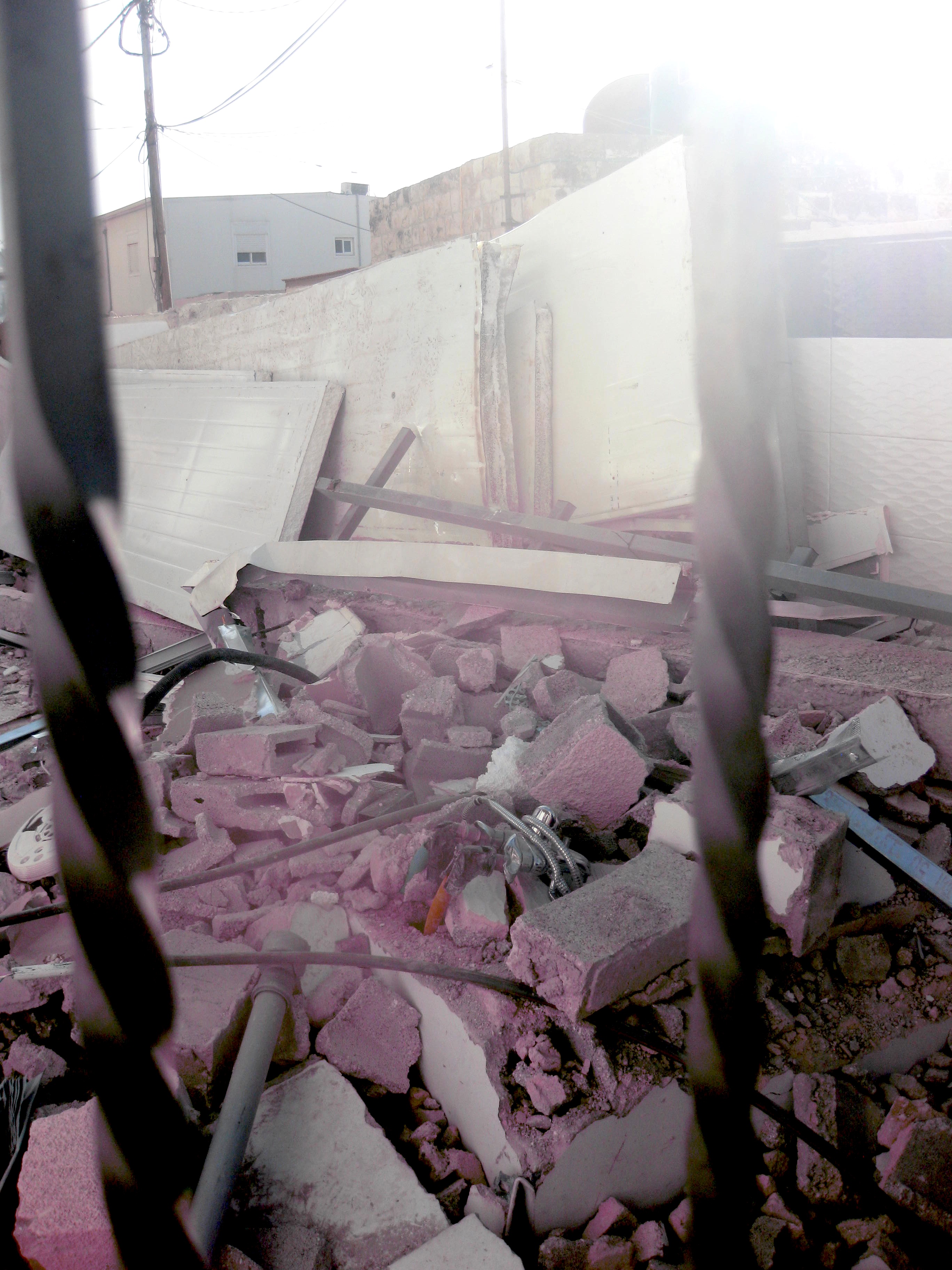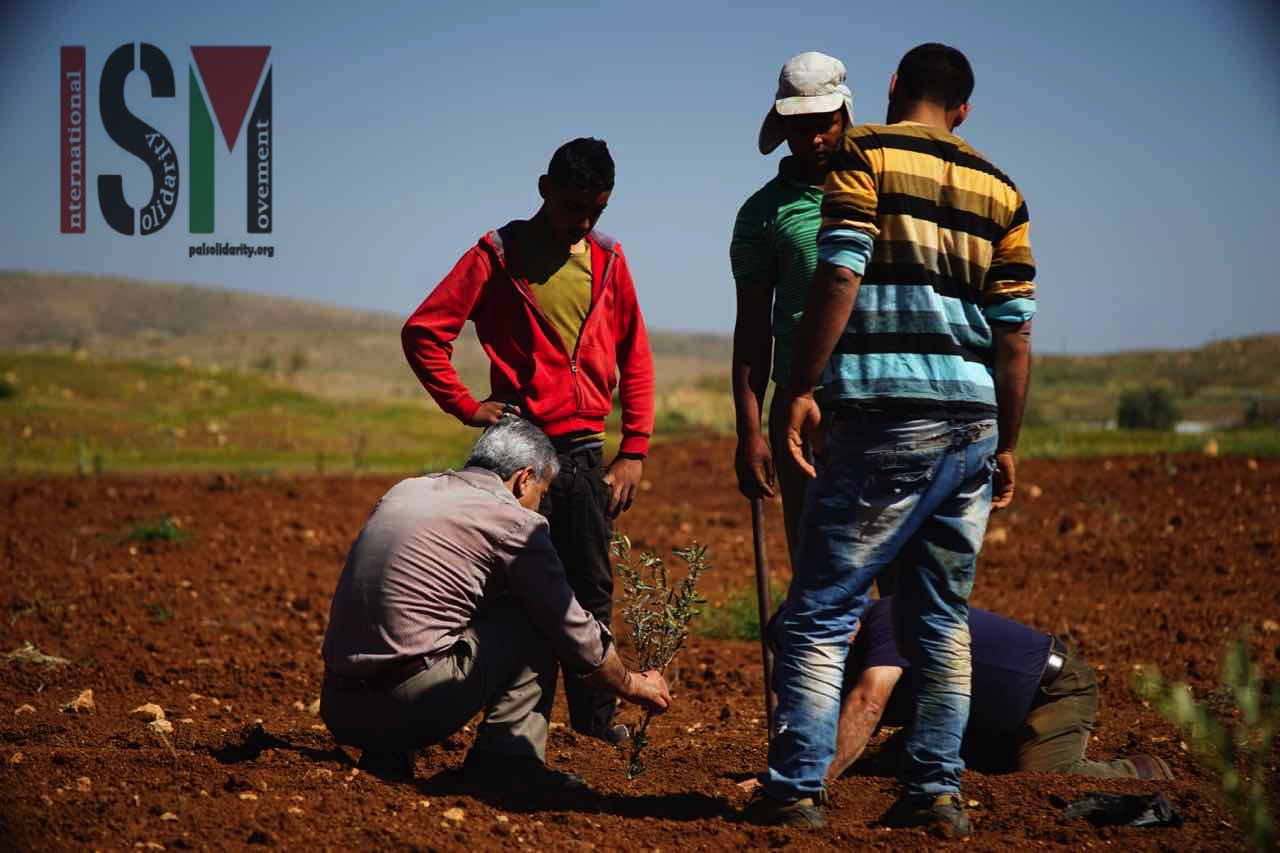Tag: Home demolition
-
Silwan Bustan Neighbourhood Under Increased Threat
Silwan’s Bustan neighbourhood situation has worsened of late and is now even more urgent. Report By Jahalin Solidarity Silwan, Bustan neighborhood, Occupied East Jerusalem JUNE 6, 2023 1. The most recent meeting with the Mayor, and Adv. Ziad Qawar’s letter to him (1.6.23), have produced no further information as to City Hall demolition plans or…
-
Silwan Occupied
25th December 2016 | International Solidarity Movement |Huwarra team | occupied Palestine Yusef Sheukhy is one out of many Palestinians in Silwan who has already suffered much from the Israeli presence in occupied East Jerusalem. Five of his children have spent time in Israeli jails; the most recent released on 27 May this year. And on…
-
Olive tree planting connects Palestinians in the Jordan Valley
2nd April 2016 | International Solidarity Movement, Ramallah Team | Jordan Valley, Occupied Palestine On Saturday 2nd April, Palestinians and international activists alike worked together in solidarity to plant olive trees in the town of al-Bikaa in the Jordan Valley, the town falls under area C of the occupied territories. The act of planting the trees today was…



